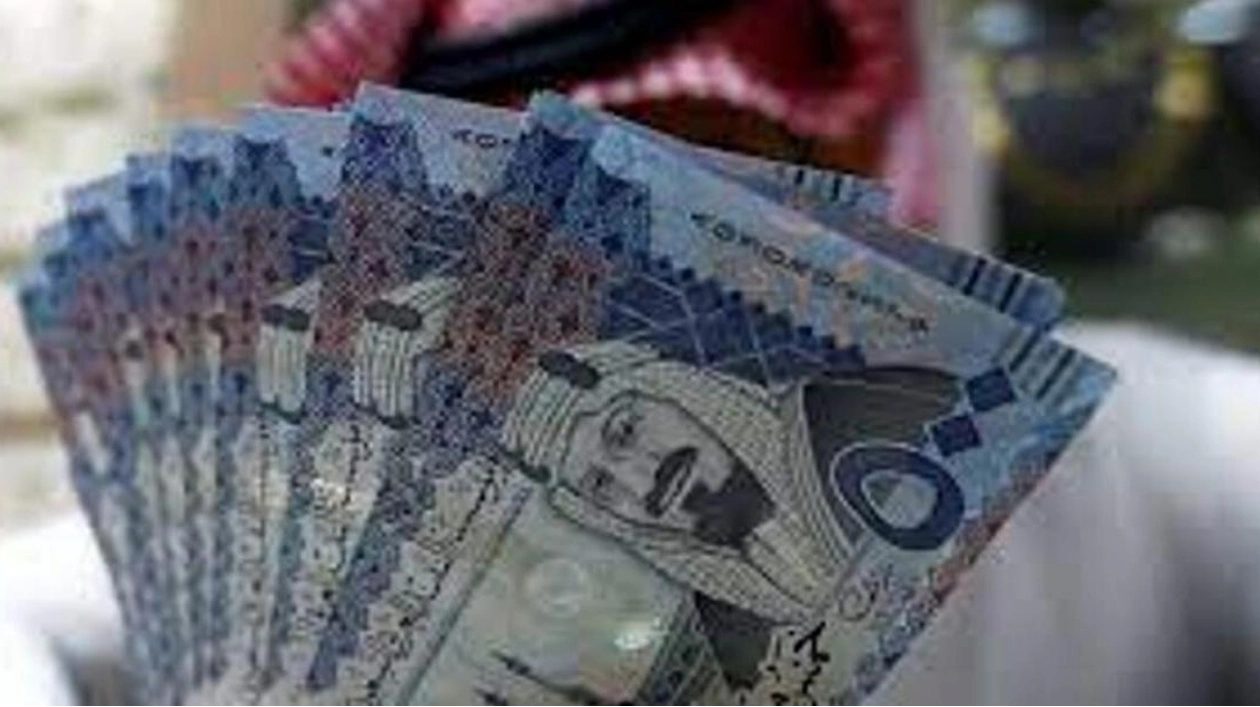The Saudi banking sector is reaping significant benefits from the kingdom's economic diversification strategy, which seeks to decrease dependence on hydrocarbon revenue. According to a recent report, the government's policy to diversify the economy is positively impacting the sector, with industries like construction and tourism presenting attractive lending opportunities.
Moody's, the US-based credit rating agency, highlighted in its latest report that the loan portfolio performance of the banking sector has been improving, supported by a favorable operating environment in Saudi Arabia. The loan book, which constitutes 65% of total banking assets as of June 2024, is anticipated to maintain its positive trajectory in the upcoming months.
"We foresee this positive trend to continue over the next 12 to 18 months, further strengthening the non-hydrocarbon economy where banks predominantly operate. Saudi borrowers' repayment capabilities are also bolstered by government policies and reforms," stated Lea Hanna, an analyst at Moody's.
Saudi banks are experiencing lower delinquencies in their loan portfolios, with provisions fully covering non-performing loans. However, they remain susceptible to risks if there is a downturn in economic momentum or a reduction in the authorities' active support in managing systemic asset risks.
Following robust growth, mortgages now represent around half of the consumer loan portfolio and 23% of the total system loans. Favorable employment prospects, supported by the strength of the sovereign as a major employer, are also enhancing the performance of retail lending.
The General Authority for Statistics reported a year-on-year decline in unemployment among Saudi citizens to 7.6% by the end of March 2024, down from 12.6%. The overall unemployment rate also decreased to 3.5% as of March 2024, compared to 7.4% in 2020.
New mortgage and financing laws, along with the Saudi Arabian Monetary Authority's (SAMA) robust oversight of the market, continue to support loan performance. The credit bureau (SIMAH) has also introduced responsible lending principles aimed at enhancing transparency and fairness for consumers, while promoting more appropriate lending practices.
SAMA has launched affordable mortgage schemes, such as the Sakani Program and the Saudi Mortgage Guarantee Services Company (Dhamanat), to encourage homeownership among Saudi nationals by providing financing guarantees to banks. These reforms and regulations, combined with increased business activity driven by the national diversification agenda, are supporting borrowers' repayment capacities across corporate, SMEs, and retail lending segments.
A promising outlook is anticipated, supported by economic expansion. Real non-hydrocarbon GDP is estimated to grow by approximately 5.5% in both 2024 and 2025, driven by government spending on large infrastructure projects. Saudi Arabia's favorable macroeconomic environment will drive credit demand in 2024, particularly in the corporate sector as mortgage lending slows.
The loan book's performance remains robust, with Saudi banks' non-performing loans ratio already favorable compared to GCC banking systems due to the strong regulator's effective supervision. Provisions fully cover non-performing loans.
Corporate lending is being driven by government-led projects and new sectors. Lending to lower-risk, government-backed projects and creditworthy conglomerates will enhance the corporate loan book's performance. While construction remains a key sector, diversification into new sectors such as tourism, entertainment, and renewable energy offers attractive lending opportunities.
Reforms and regulatory initiatives in consumer lending continue to support asset quality. Favorable employment prospects, supported by the strength of the sovereign, are boosting retail lending performance. The introduction of new mortgage and financing laws, along with SAMA's strong oversight, continues to support loan performance.






